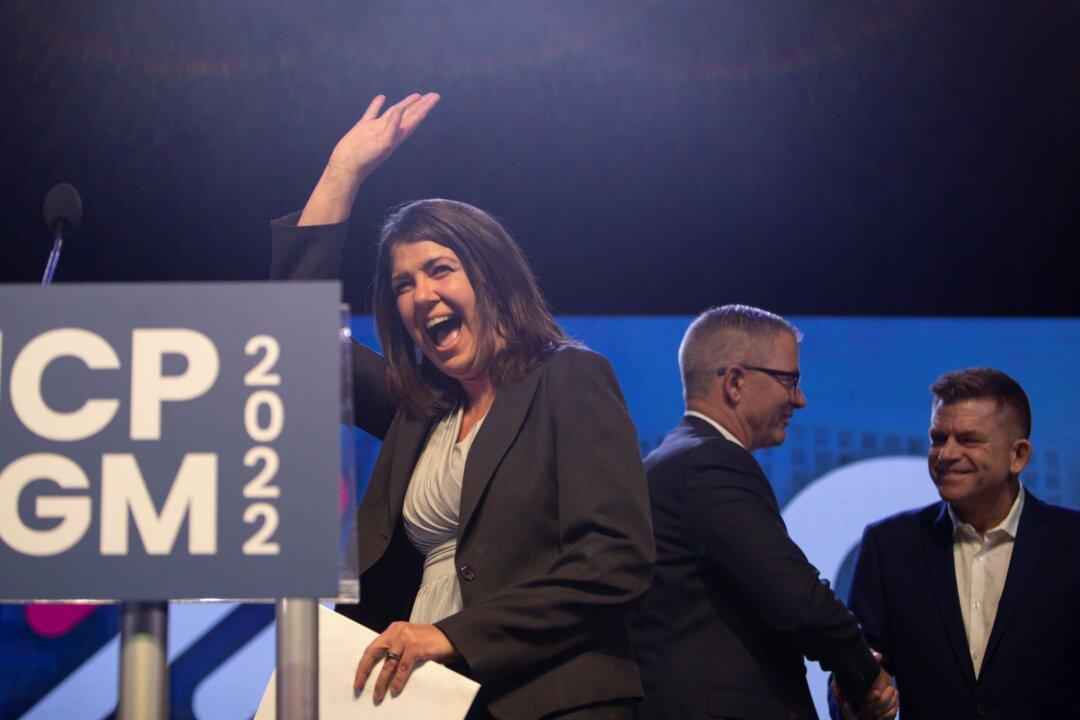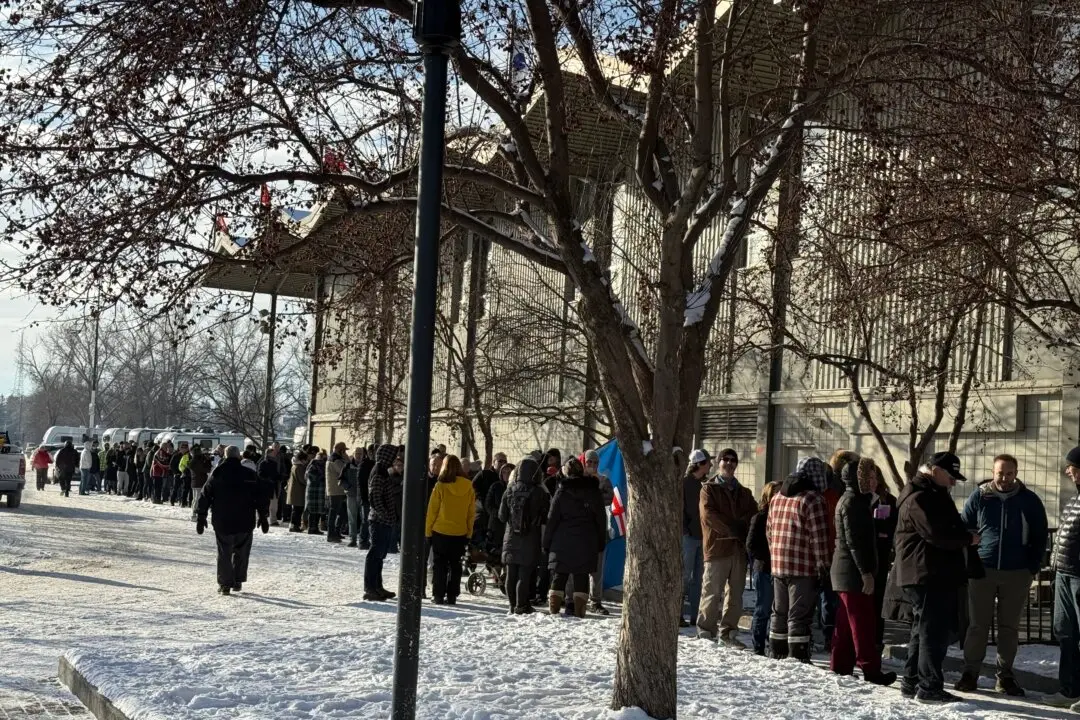Commentary
Nobody saw Danielle Smith coming. She had spent over seven years in the political wilderness after having led a disastrous mass floor-crossing from the Alberta Wildrose Party to the Progressive Conservative Party in 2014. The move contributed to the shattering of Alberta’s conservative movement and the unexpected Alberta NDP majority win in 2015. Smith lost her own party nomination and moved on to become a talk radio host. When Smith announced her intention to run for the United Conservative Party (UCP) leadership last spring, few people thought she had a realistic chance of winning the race.





